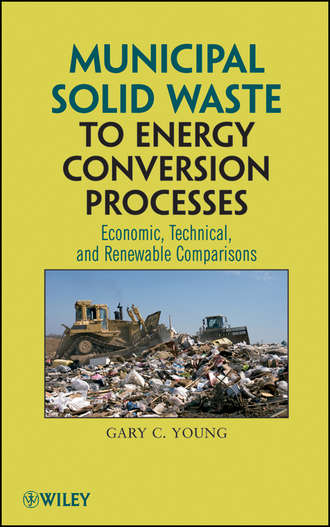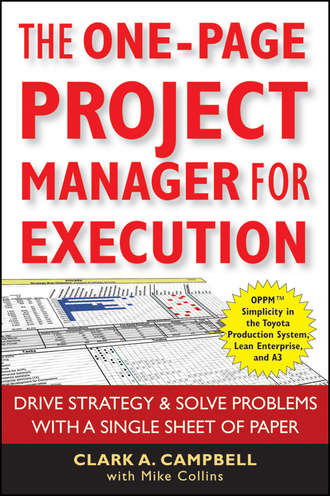Municipal Solid Waste to Energy Conversion Processes. Economic, Technical, and Renewable Comparisons
Gary Young C.
A technical and economic review of emerging waste disposal technologies Intended for a wide audience ranging from engineers and academics to decision-makers in both the public and private sectors, Municipal Solid Waste to Energy Conversion Processes: Economic, Technical, and Renewable Comparisons reviews the current state of the solid waste disposal industry. It details how the proven plasma gasification technology can be used to manage Municipal Solid Waste (MSW) and to generate energy and revenues for local communities in an environmentally safe manner with essentially no wastes. Beginning with an introduction to pyrolysis/gasification and combustion technologies, the book provides many case studies on various waste-to-energy (WTE) technologies and creates an economic and technical baseline from which all current and emerging WTE technologies could be compared and evaluated. Topics include: Pyrolysis/gasification technology, the most suitable and economically viable approach for the management of wastes Combustion technology Other renewable energy resources including wind and hydroelectric energy Plasma economics Cash flows as a revenue source for waste solids-to-energy management Plant operations, with an independent case study of Eco-Valley plant in Utashinai, Japan Extensive case studies of garbage to liquid fuels, wastes to electricity, and wastes to power ethanol plants illustrate how currently generated MSW and past wastes in landfills can be processed with proven plasma gasification technology to eliminate air and water pollution from landfills.
- Категория: зарубежная образовательная литература
- Правообладатель: John Wiley & Sons Limited
- Возрастное ограничение: 0+
- ISBN: 9780470608609
- Легальная стоимость: 10126.65 руб.





